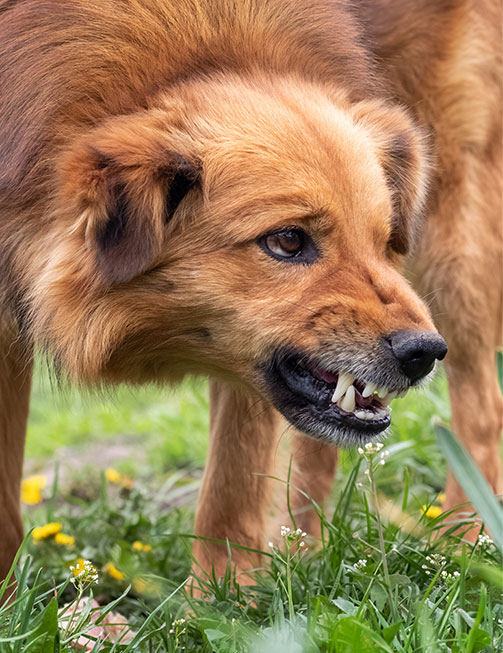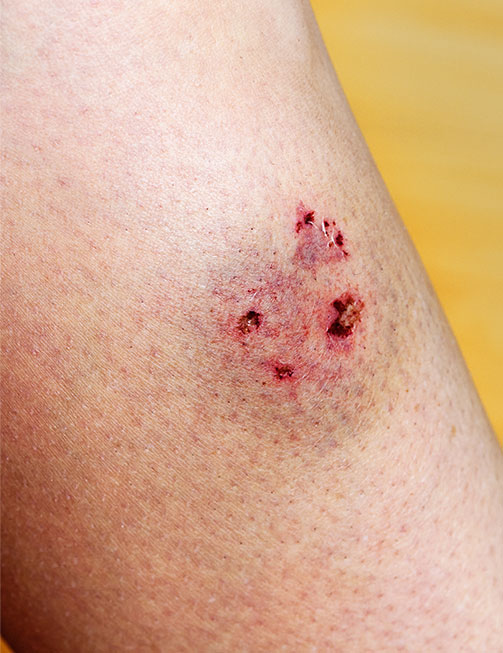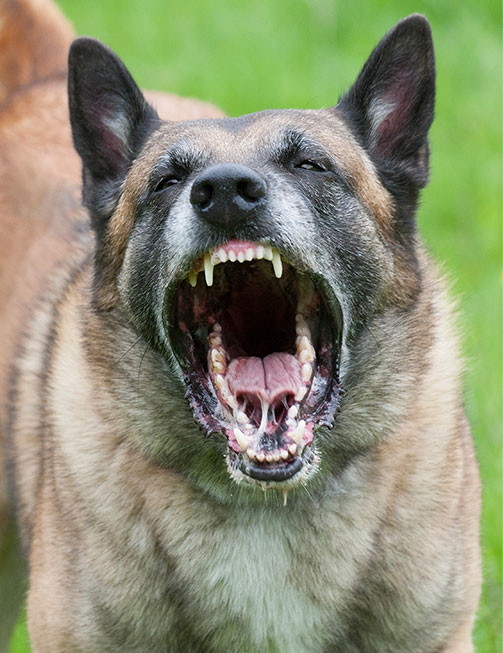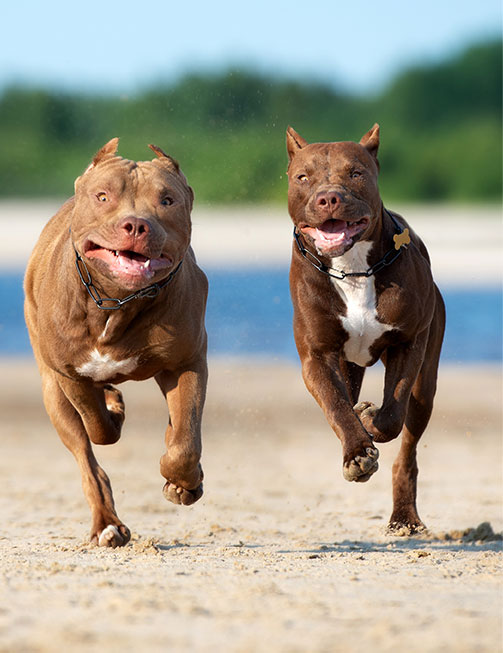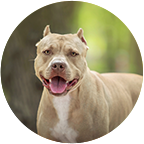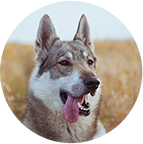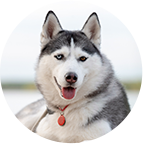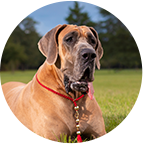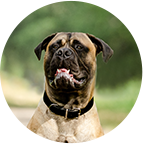Dog bites are a serious issue affecting millions of Americans every year. According to the American Veterinary Medical Association (AVMA), 44.6% of households own dogs, an estimated 62 million households. The American Academy of Pediatrics reports more than 4.5 million people in the U.S. are bitten by dogs each year. Of those bitten, 1 in 5, or approximately 20%, require medical attention with 27,000 needing reconstructive surgery. Of the 800,000 Americans who require medical attention for dog bites yearly, over 50% are children.
If a dog has bitten you or a loved one, contact the experienced dog bite injury attorneys at Warshafsky Law. Reach our Milwaukee-based legal team by calling (414) 276-4970.

























 Deep Cuts and Lacerations
Deep Cuts and Lacerations Dislocated Joints
Dislocated Joints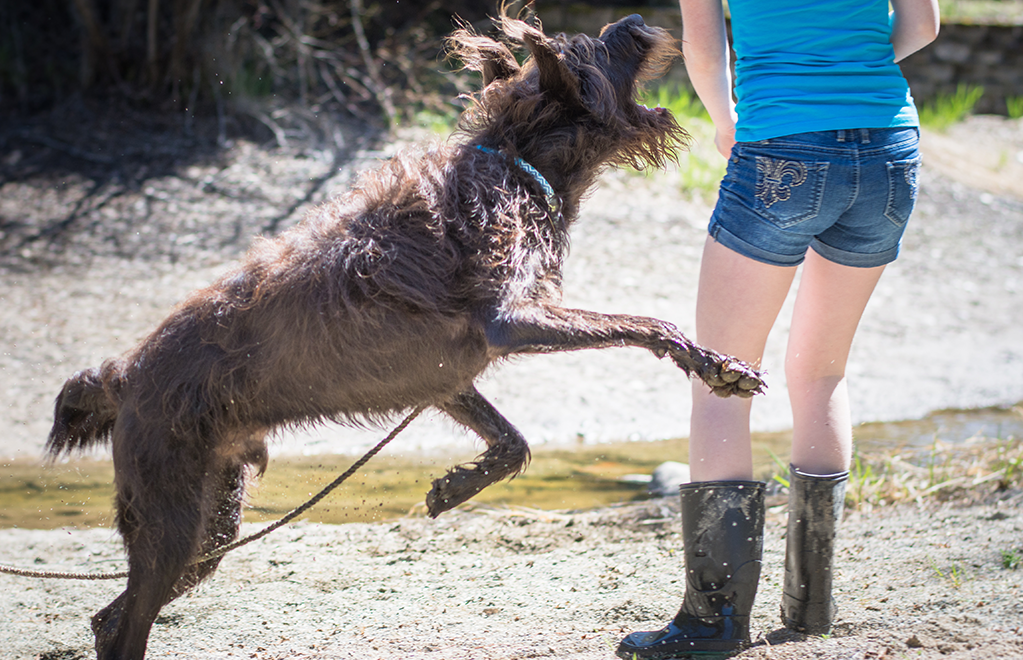
 Level 1
Level 1 Level 2
Level 2 Level 3
Level 3 Level 4
Level 4 Level 5
Level 5 Level 6
Level 6

